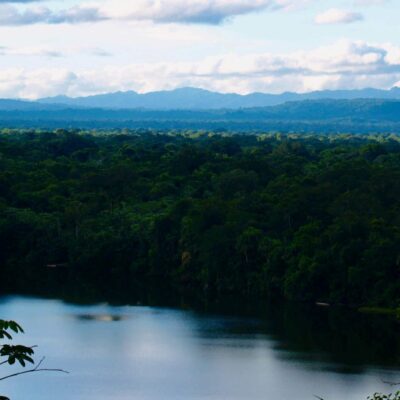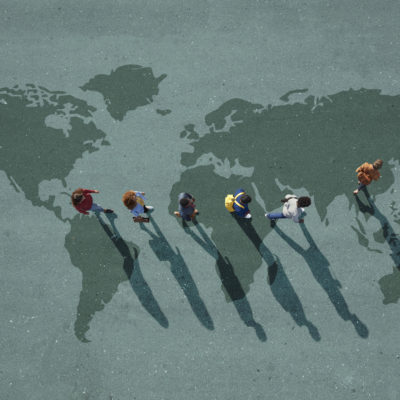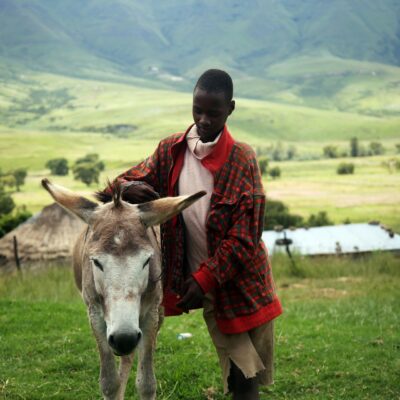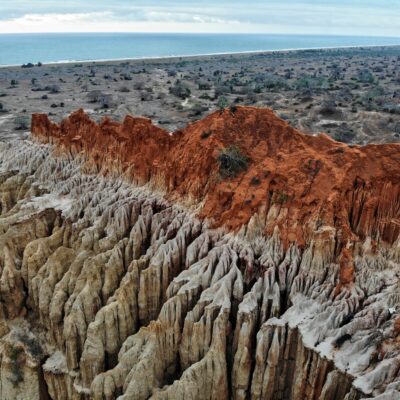 Photo: Dan Freeman / Unsplash
Photo: Dan Freeman / Unsplash
This is a summary of a EADI blog post titled “Rethinking Indigeneity” authored by María Fernanda Córdova Suxo and posted on the EADI website.
New analysis published by María Fernanda Córdova Suxo in a recent EADI blog post reflects on the notion of indigeneity and the so-called “Indigenous subject” in development research.
“The Indigenous subject has been positioned as a key player in alternatives to development. These alternatives refer to Indigenous People’s struggles and knowledge as distinct ways of facing current crises – including environmental, food, and capitalist crises. However, this indigenous subject, within academia and other spheres from which power emerges, tends to be framed in abstract characteristics and is dissociated from the complexity of its context. Therefore, the evocation of indigeneities does not necessarily correspond to the stance that these groups currently demonstrate. Indigenous identity has evolved beyond discourses solely focusing on land rights and nativeness.”
“Today, indigenous peoples are increasingly visible in diasporic networks, where their identity isn’t always tied to a specific locality but rather to the necessity of transnational solidarity as a means to counter internal oppressive regimes. Take, for instance, the case of Tibetan indigeneity, integrated as a strategy for self-determination against Chinese oppression. Similarly, there are indigenous communities navigating modernity, weaving cultural elements into urban expansion, as described by Guido Alejo. This shift highlights the multifaceted nature of indigenous struggles and their adaptation to contemporary global dynamics.”
The blog post explores this dynamic between how different indigenous groups position and identify themselves and how their identity is constructed in the context of development research as one collective group. It highlights the potential conflicts and complementarities between indigeneity and modern ideas of progress, the role of (development) economics, and the structural factors related to colonial legacies and inequality in this dynamic and sketches a potential way forward beyond the category of “indigenous”.










